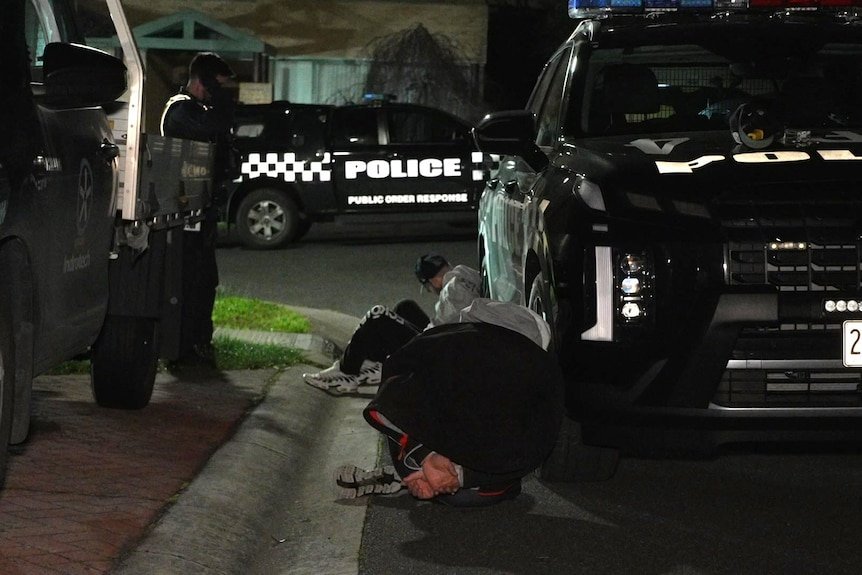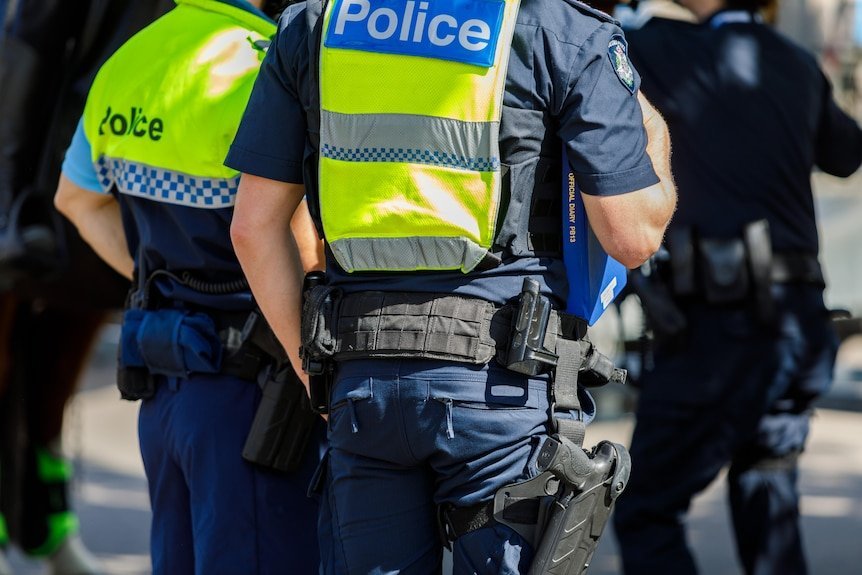VICPOLICE IN CRISIS: Union Boss Slams Courts for Soft Sentences as Record Crime Wave Spirals Out of Control
- Police Association Victoria secretary Wayne Gatt says tougher sentences are the only solution to the state’s crime crisis
- Weekly protests in Melbourne’s CBD are draining police resources, with 25,000 shifts wasted in the past two years
- Chief Commissioner Mike Bush’s plan to restructure the police force and free up more officers for frontline duties has been welcomed, but Gatt says it’s not enough
“It’s a revolving door in our courts,” Police Association Victoria secretary Wayne Gatt said, slamming the judiciary for soft sentences that are failing to deter serious violent offenders. “We can free up every single police officer behind every single counter, put them all out on the street, and if they bring in every offender in Victoria, nothing will change.”
Gatt’s comments come as Victoria struggles to contain a record-breaking crime wave, with Chief Commissioner Mike Bush admitting the state has a crime problem and acknowledging the anxiety it’s causing in the community. Bush’s plan to restructure the police force and free up more officers for frontline duties has been welcomed by Gatt, but he says it’s not enough.
“What we watch on our TV screens each and every night is out-of-control crime in Victoria that will continue to worsen until we get real, until we toughen up a little bit, until we get strong messages out of our court that are consistent,” Gatt told ABC Radio Melbourne.
Former chief commissioner Christine Nixon agreed that more officers were needed on the streets, but said it should be based on intelligence about where their presence was most required. “They’ve got to be actually knowing where the problems are — being there at the right times and focusing on the particular areas,” she said.

The weekly Israel-Gaza war protests and other rallies in Melbourne’s CBD have been highlighted as a major drain on police resources, with 25,000 shifts wasted in the past two years. Gatt said police were wasting their time managing protests, and should be focused on lowering crime and supporting the community.
“We should be lowering crime, we should be preventing crime, we should be supporting the community when they need us most,” Gatt said. “Instead, we’re standing out there like milk bottles on the side of the road, keeping warring factions apart from each other.”
Deputy Premier Ben Carroll acknowledged the state had more work to do to improve community safety, and said he believed putting more police back on the beat would address community fears. “When I’ve talked to my local community, I never hear anyone say they want less police,” Carroll said.
Melissa Hardham, chief executive of Westjustice, a community organisation that provides free legal help for people in Melbourne’s western suburbs, said police visibility and deterrents such as sentencing were only two factors in addressing crime. “We’re far too quick to try and respond in a populistic way,” Hardham said. “It’s really important to address the … causes of crime and those kinds of issues in the community.”

